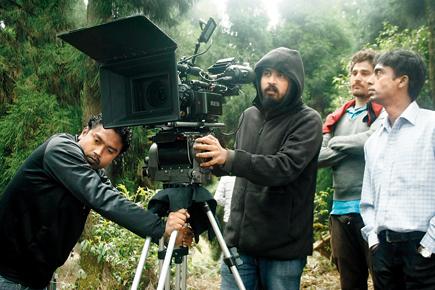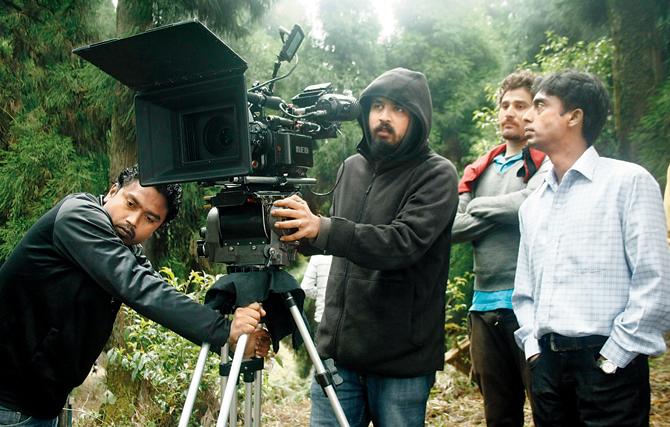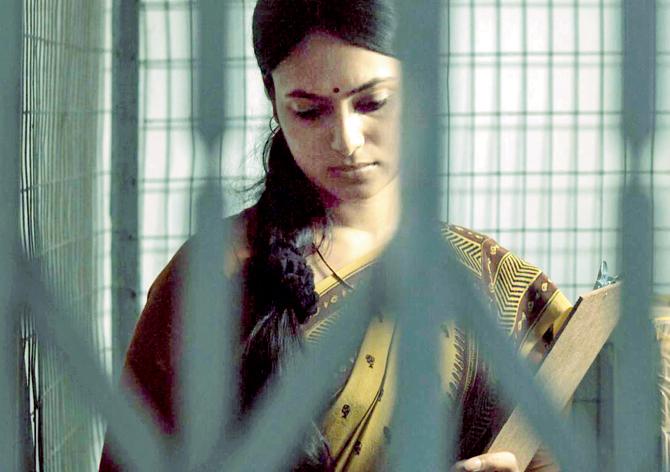A couple with no time to talk make perfect protagonists in a film with no dialogue

It took Aditya Vikram Sengupta two years and most of his finances to make his debut full-length feature that ditches dialogues
“When I wrote Labour of Love, certain portions had dialogues, but by the time we reached there, the film had already developed a strong voice. Dialogues became redundant,” says Aditya Vikram Sengupta over the phone from Kolkata. The 84-minute Bengali film ended up being the toast of international festivals and ran to encouraging response in Mumbai last week.
ADVERTISEMENT

It took Aditya Vikram Sengupta two years and most of his finances to make his debut full-length feature that ditches dialogues
When it premiered at the 71st Venice International Film Festival in 2014, it won him the Best Debut Director in the Venice Days segment. He still sounds surprised with that encouragement. “It was a rare case where a ‘cold entry’ had a successful run.”
The slew of awards had just begun. At the 62nd National Film Awards, the film bagged the Swarna Kamal in the Best Debut Film of a Director category, and best film, best director and best screenplay categories at the 15th edition of the New York Indian Film Festival.

Basabdatta Chatterjee in a still from the film
Inspired by Italo Calvino’s short story, Adventures of a Married Couple, the film stars Ritwick Chakraborty and Basabdatta Chatterjee who play characters in recession-hit Kolkata. They are an unnamed middle-class couple trying to eke out a living. With one working the day shift and the other the night, the two get to meet only for a brief moment every morning. It’s during these fleeting moments that love blossoms.
Labour of Love, which runs with English subtitles, is Sengupta’s first full-length feature. The student of graphic design at Ahmedabad’s National Institute of Design dabbled in painting, animation and shorts before going full-length. “They are all mediums of expression. The film was no exception. I was open to any duration. All I wanted was to give it breathing space,” he says.
Made over two years (it took a year to shoot and another to edit), it’s a self-financed venture. “I went through a scary financial crisis while making it. I would take up freelance advertising projects and put all the money I earned from that into the film.”
There were other hurdles too.
“I had to take charge after my cinematographer left within seven days of shooting. I had never handled a movie camera, but I knew exactly the shots I wanted,” says Sengupta. “I had all the images, sounds and ambiances noted in the script. Even the way the wet footprints slowly dry up on the red floor in one scene was scripted in detail. Images can speak a thousand words and are an integral part of my film,” he says.
Despite the positive uproar the film has created, Sengupta is disappointed that it was allowed to run for just a week in Mumbai theatres. “But,” he quickly adds enthusiastically, “it will return in August. This time, it is NFDC who is set to screen the film.”
 Subscribe today by clicking the link and stay updated with the latest news!" Click here!
Subscribe today by clicking the link and stay updated with the latest news!" Click here!







